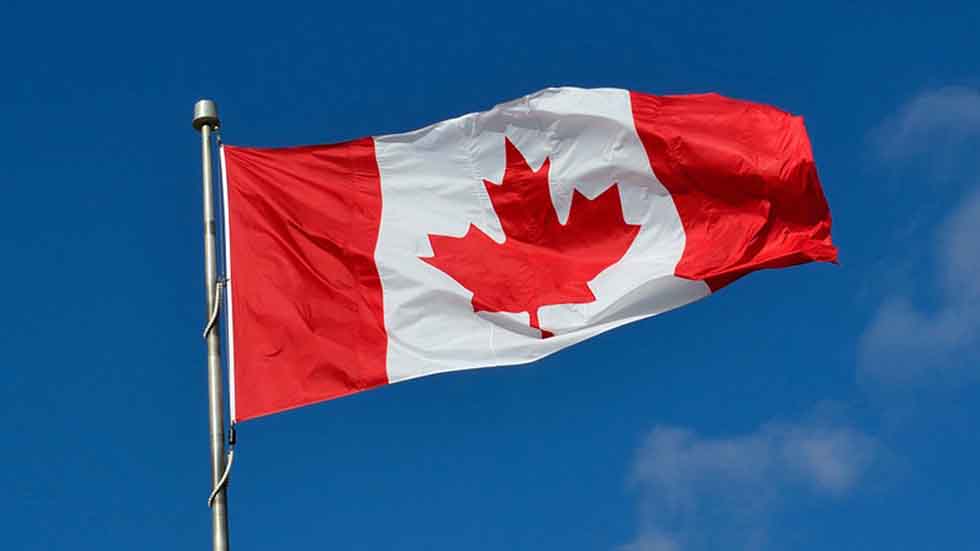Google To Pay $C100 Million to Canadian News Organizations
CRTC approved edge provider’s application paving the way for an annual contribution to Canadian news organizations

OTTAWA, Ontario, and GATINEAU, Quebec—In an important development in the ongoing battle to get tech giants to compensate news organizations for lost advertising, the Canadian Radio-television and Telecommunications Commission (CRTC) issued a decision that will pave the way for Google to contribute $C100 million ($71.85 million) annually to news organizations in that country.
Canada’s government in June of 2023 passed the Online News Act, a law intended to ensure that online platforms that make Canadian news content available fairly compensate Canadian news organizations. The CRTC, Canada’s national telecom regulator, was tasked with implementing the act, which came into force last Dec. 19.
The CRTC’s rule allows online platforms such as Google to request an exemption from a requirement to bargain with individual news outlets if they can reach terms with a group representing a broad range of Canadian news organizations. The CRTC must then hold a public consultation on any exemption request received.
In June 2024, Google applied for a five-year exemption from the act, which the CRTC said it has now approved. That arrangement requires Google to pay $71.85 million to the Canadian Journalism Collective (CJC) within 60 days of this decision. The CJC will then distribute the funds equitably to eligible Canadian news organizations.
As part of the agreement, the CJC will report back to the CRTC each year.
Similar efforts to get tech giants like Google and Facebook to compensate news organizations for the content that produces billions of dollars in ad revenue for search engines and social media platforms have also been underway in Australia and the United States, with mixed results.
For several years, the National Association of Broadcasters has unsuccessfully urged Congress to pass the Journalism Competition and Preservation Act (JCPA), a bipartisan bill that would give TV stations and other news publishers the power to collectively negotiate terms with Big Tech companies over how their content is used online.
The professional video industry's #1 source for news, trends and product and tech information. Sign up below.
California, where legislators were close to passing legislation modeled after the Canadian bill, negotiated a deal that would direct around $250 million over five years to local media in exchange for dropping the proposed law.
The agreement was widely attacked by the NAB, journalists and media industry experts for benefiting Google.
In September, NAB Senior Vice President of Communications Alex Siciliano said the “last-minute, closed-door deal between Google and the state of California has succeeded in shelving popular bipartisan state legislation that would have fairly compensated local newsrooms for their valuable journalism. This sets a dangerous precedent that could cripple trusted news outlets, and lets Big Tech off the hook as they continue to siphon advertising dollars away from local broadcast stations and other news publishers while not offering fair compensation for our content.”
In sharp contrast, reaction to the CRTC-Google agreement was mostly positive. News Media Canada, which represents hundreds of publishers, said in a statement that it is “very pleased,” the Financial Post reported.
George Winslow is the senior content producer for TV Tech. He has written about the television, media and technology industries for nearly 30 years for such publications as Broadcasting & Cable, Multichannel News and TV Tech. Over the years, he has edited a number of magazines, including Multichannel News International and World Screen, and moderated panels at such major industry events as NAB and MIP TV. He has published two books and dozens of encyclopedia articles on such subjects as the media, New York City history and economics.

